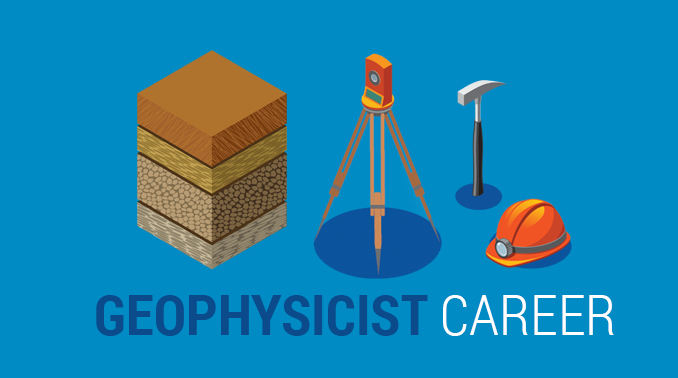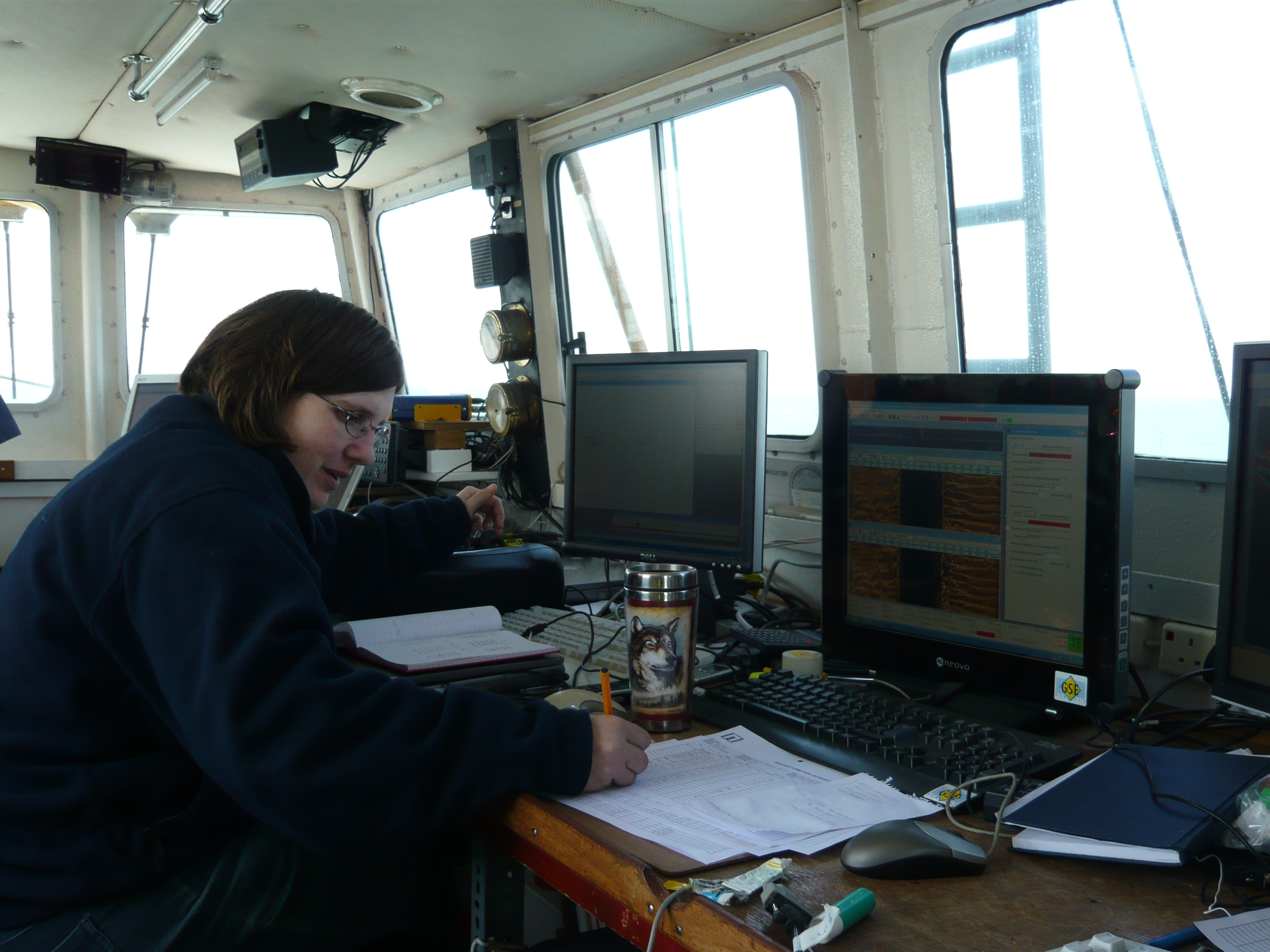All Categories
Featured
Table of Contents
What Does A Geophysicist Do? in Mahogany Creek WA 2020
Connect with MBA programs seeking prospects like you. Research study. Connect with master's programs around the country to get an edge over the competitors.

A geophysicist studies various aspects of the earth. According to the U.S. Geological Survey, they study gravity, magnetic, electrical, and seismic activity incidents. Geophysicists also record, assess, and take measurements of geographical features and abnormalities. Enjoy a video to discover what a geophysicist: Geophysicists must make a minimum of a bachelor's degree; nevertheless, this is for an entry-level position.
Advanced degrees require more particular research studies in the specialty of option. Task potential customers are higher if you have a strong background in computer system science or innovation.
Geology Careers: Degree Requirements, Cost & Salary in Redcliffe WA 2020
Access to these chances might be restricted depending upon where you live; nevertheless, internships or summertime programs with geophysical business, university geophysics department, or the U.S. Geological Study can be alternatives. You can discover a list of a list of chances on the United States Geological Study (USGS) sites' Path Programs tab (opens in another link).
If you have yet to graduate high school, taking as lots of science and math classes as possible would be a plus. Geophysicists also deal with computers while researching, so computer system courses can likewise be practical, as discussed previously in this post. Many geophysicists specialize in an area of geophysics. Therefore, the task description would alter pending on the specialty.
A geophysicist's duties can consist of measuring, tracking, and documenting information from different physical homes on earth. They also assess and examination details got. Geophysicists typically need to travel worldwide to take a look at geological occasions that have happened or might have been forecasted. Geophysics is a research-based profession field, for that reason one must have the ability to assume, problem-solve, and question or obstacle formerly held presumptions from their collected information.
What Does A Geophysical Data Technician Do? in Hilton Australia 2023
Jay Wellik, a geophysicist, studies volcanos. His location of proficiency in geophysics is looking into why volcanos erupt and what signs there may be that an eruption may occur. He tracks seismic activity and after that follows what happens previously, throughout, and after a volcano erupts. Geophysicists typically work full-time hours; nevertheless, they typically work irregular hours, as mentioned formerly.

You can find extra info about Geophysicists in addition to additional instructional products on the U.S. Geological Study site (links open in a brand-new window). Laura Stern, of the U.S. Geological Survey at the Gas Hydrates Laboratory in Menlo Park, California: We make a variety of different hydrates in the lab.
We also make co2 hydrate, ethane hydrate, gas, a variety of various structures. Liquid nitrogen is very cold. It has to do with 100 degrees chillier than the temperature at which these hydrate samples would dissociate, when they would disintegrate to ice plus gas on the tabletop. In here we have a little piece of methane hydrate.
Surveys In Geophysics in Swan View Western Australia 2021
The samples we make, their polycrystalline. They look like snow, it appears like compacted snow but truthfully, it does contain gas inside. Take a little piece off here and as it heats up, you'll start to see it pop. It's going back to ice plus gas and after that as the ice would melt as it continues to warm, it will end up being water plus gas.
My name is Steve Kirby, I'm a Geophysicist here at the U.S. Geological Study in Menlo Park. I deal with Laura Stern who is likewise a Geophysicist in this lab that adheres towards the examination of planetary ices and gas hydrates. Gas hydrates in nature occur in extremely remote locations and they are very intricate with the interactions and conditions that they form under and samples that are brought up are under some sort of alternation or decay.
This is an unusual laboratory and there are just a handful of them worldwide and we are very fortunate to be here at the Geological Survey and to have the opportunity of dealing with them. Bureau of Labor Stats, U.S. Department of Labor, Occupational Outlook Handbook, Geoscientists. National Center for O * Web Advancement.
Frequently Asked Questions in Wembley Oz 2022
00. O * Web On, Line. This video was produced by the government for the U.S. Geological Survey. The USGS Gas Hydrates Lab is funded by the Department of Energy and the USGS Gas Hydrates Job.
Table of Contents
Latest Posts
How To Become A Geophysicist in Mount Claremont Oz 2023
Geophysical Survey Next Step In Carbon Storage Study in Brookdale Western Australia 2023
Geophysical Investigations in Calista Western Australia 2022
More
Latest Posts
How To Become A Geophysicist in Mount Claremont Oz 2023
Geophysical Survey Next Step In Carbon Storage Study in Brookdale Western Australia 2023
Geophysical Investigations in Calista Western Australia 2022